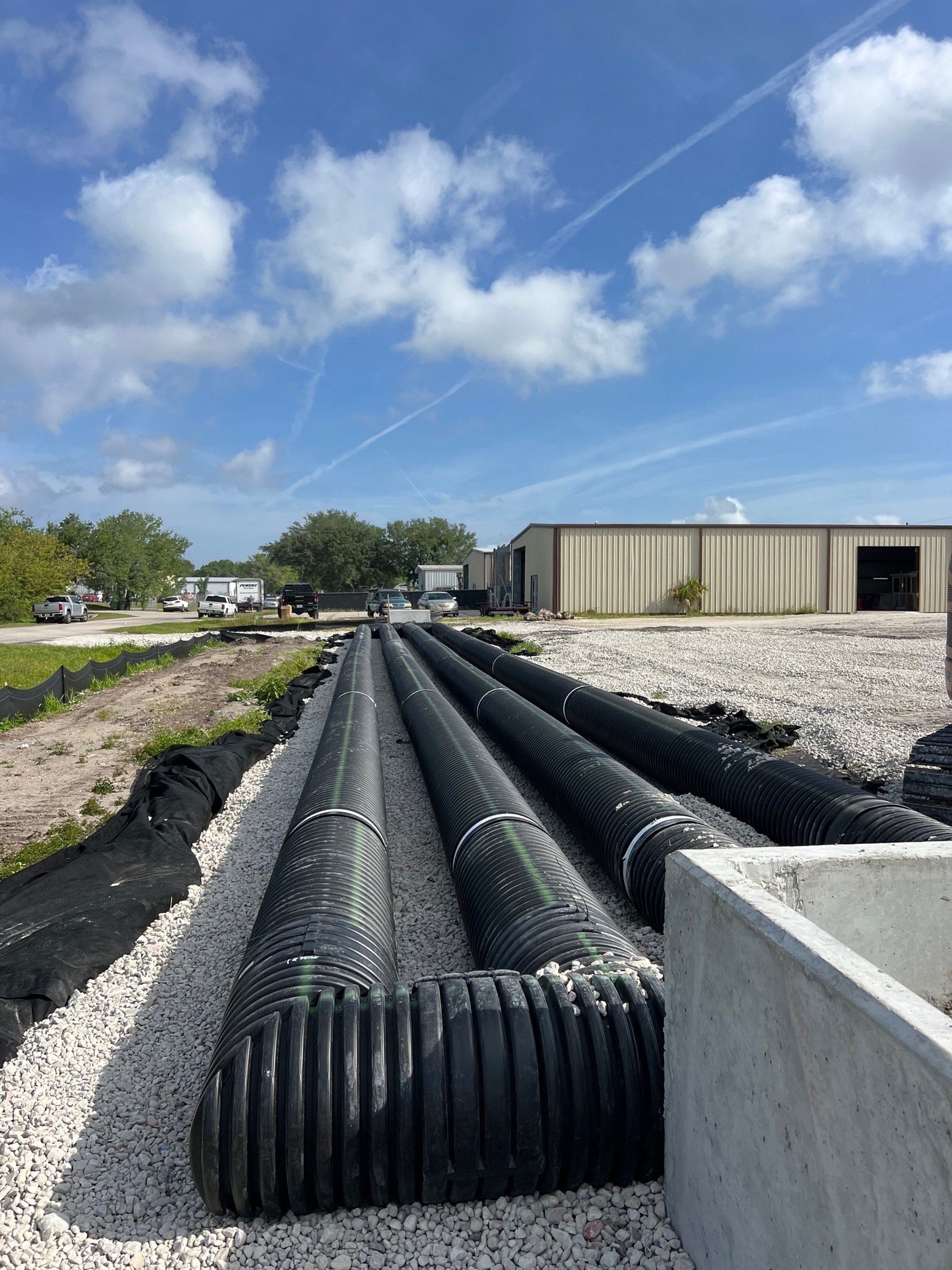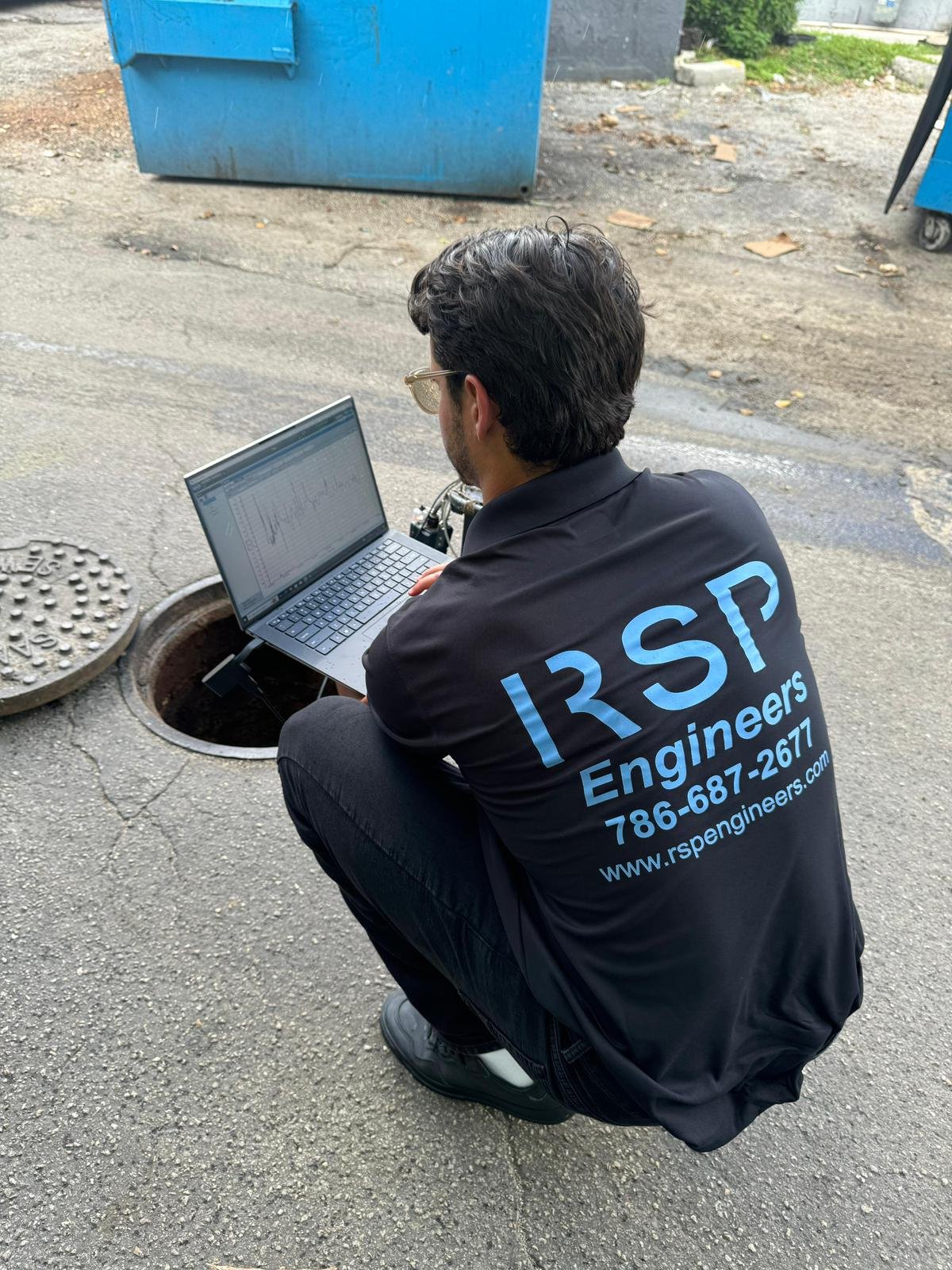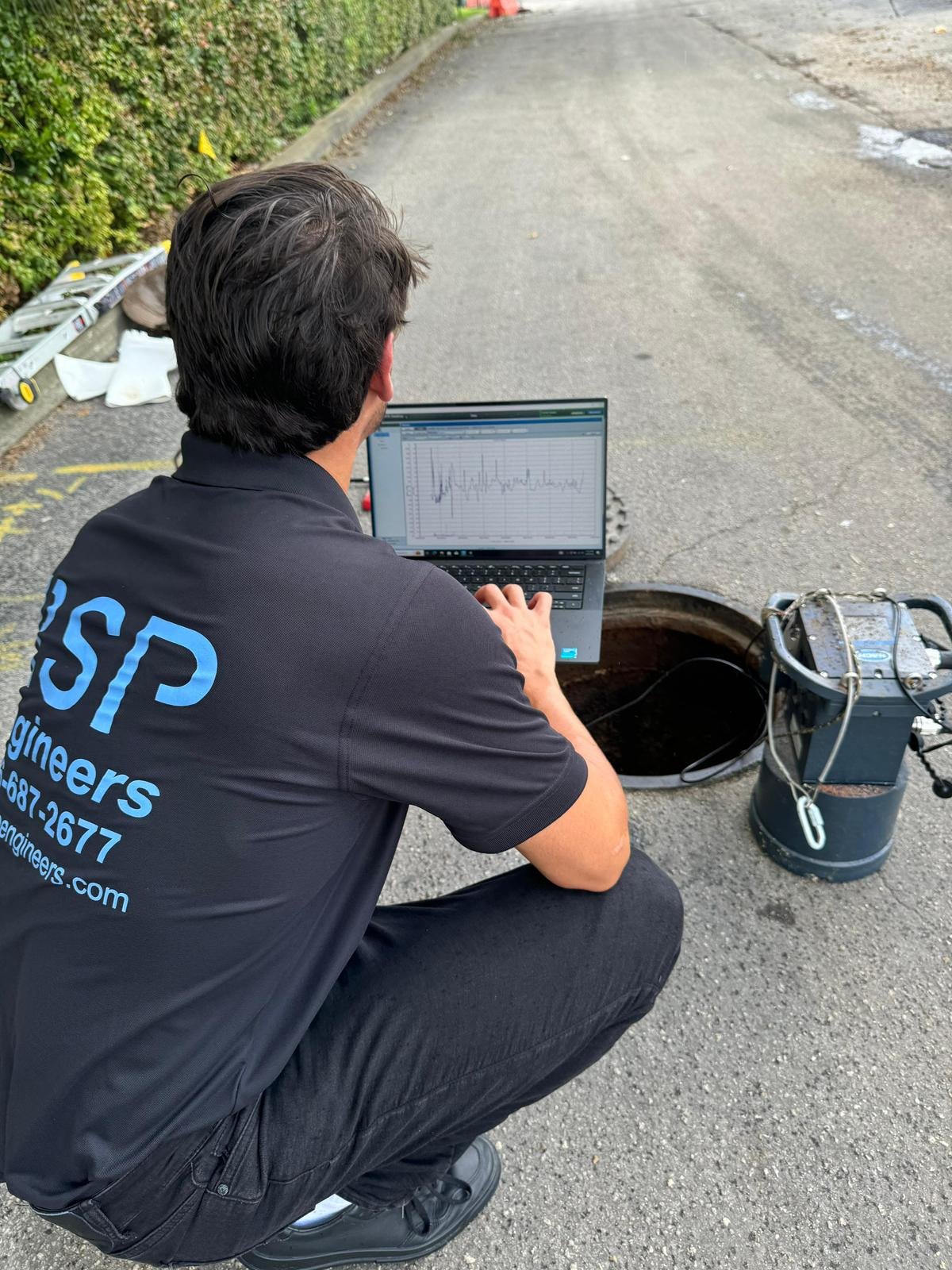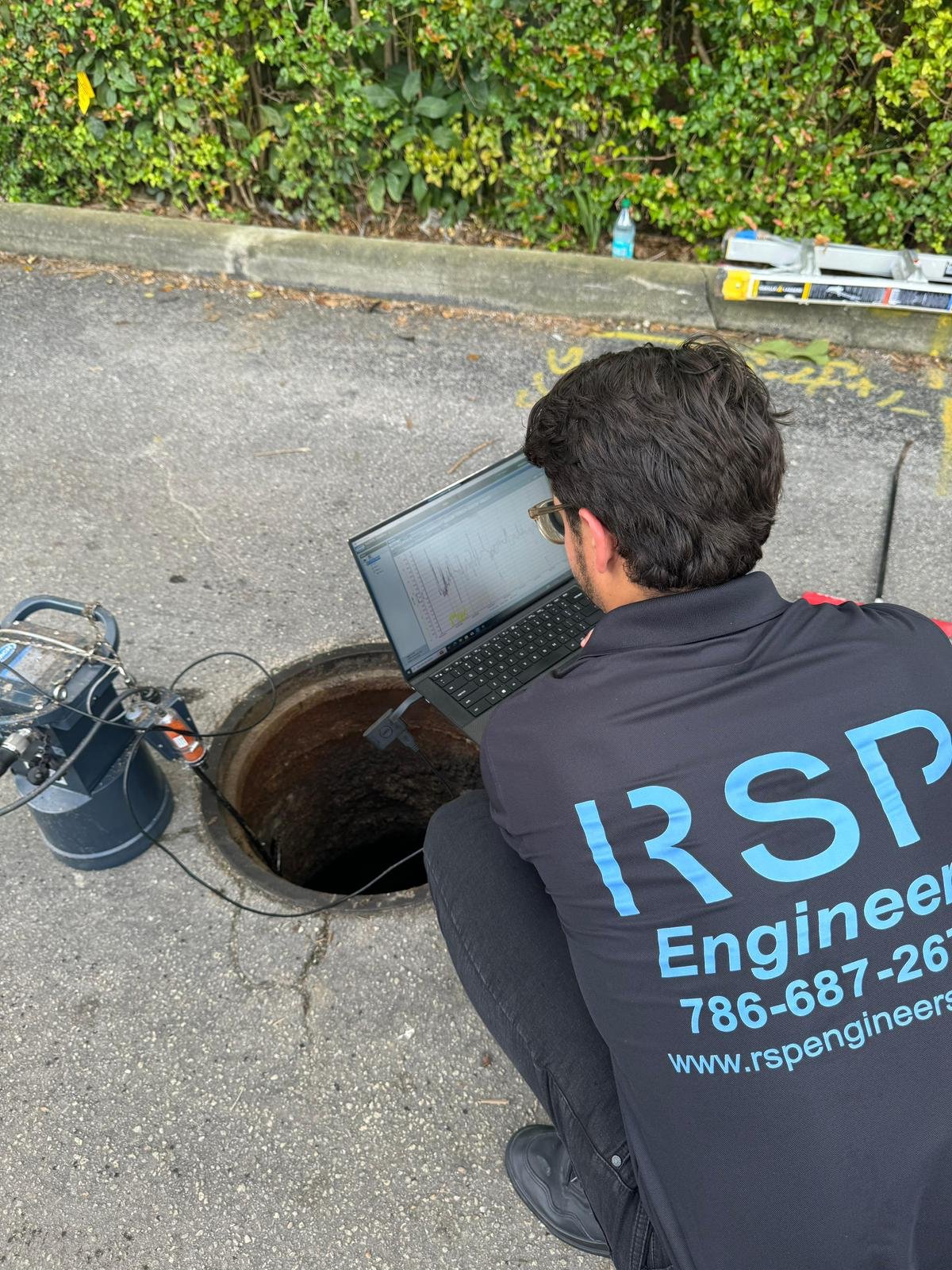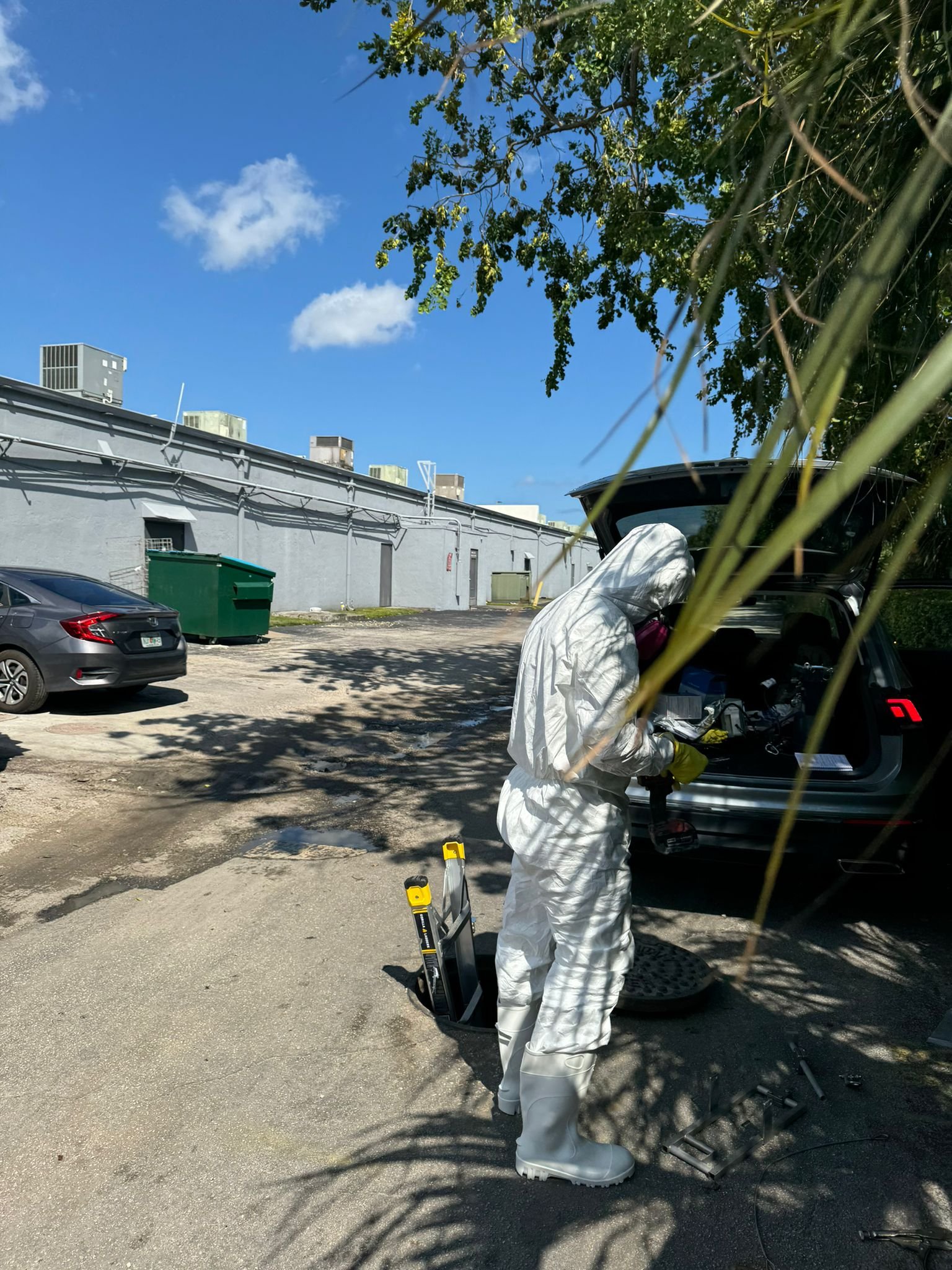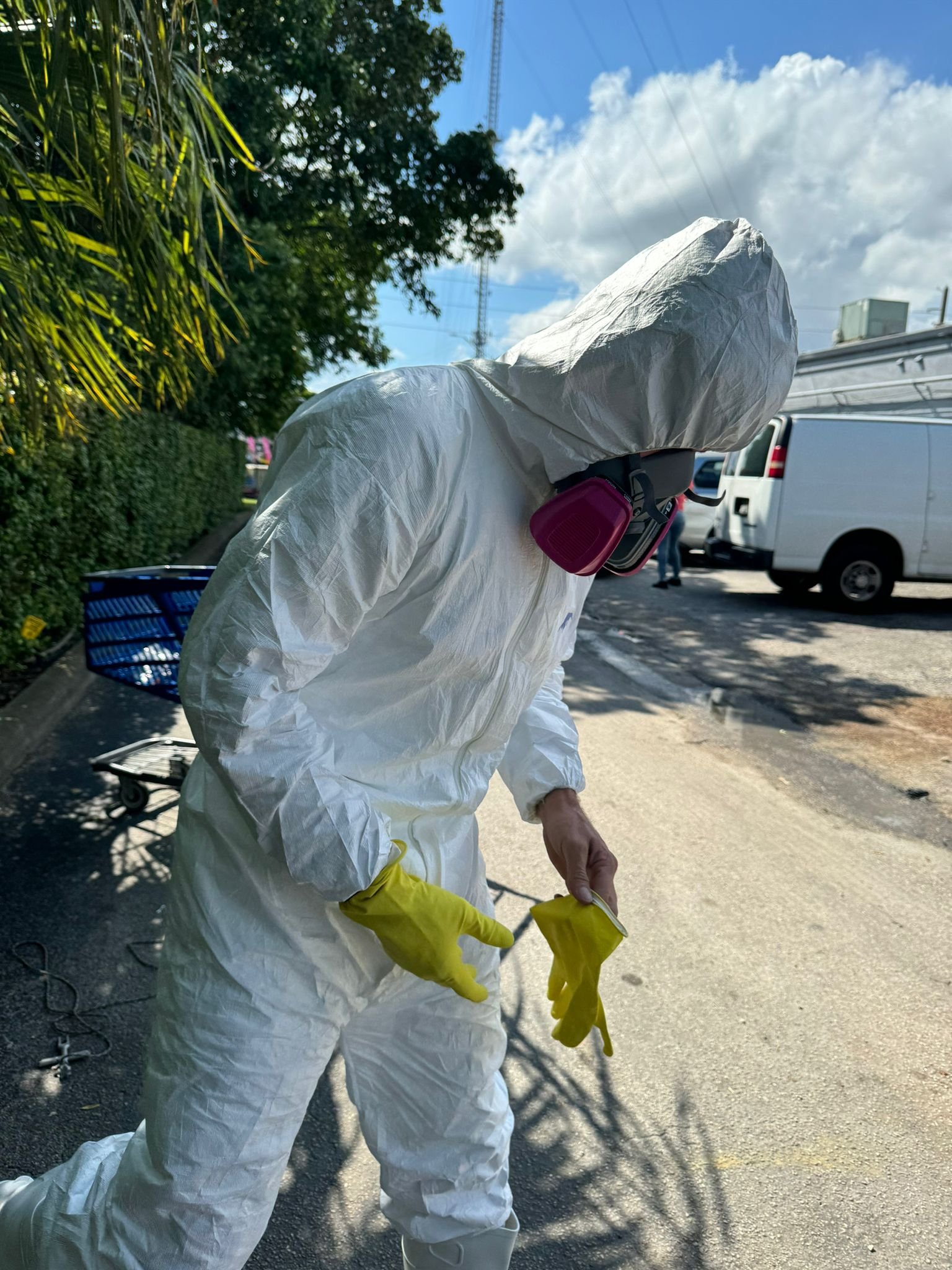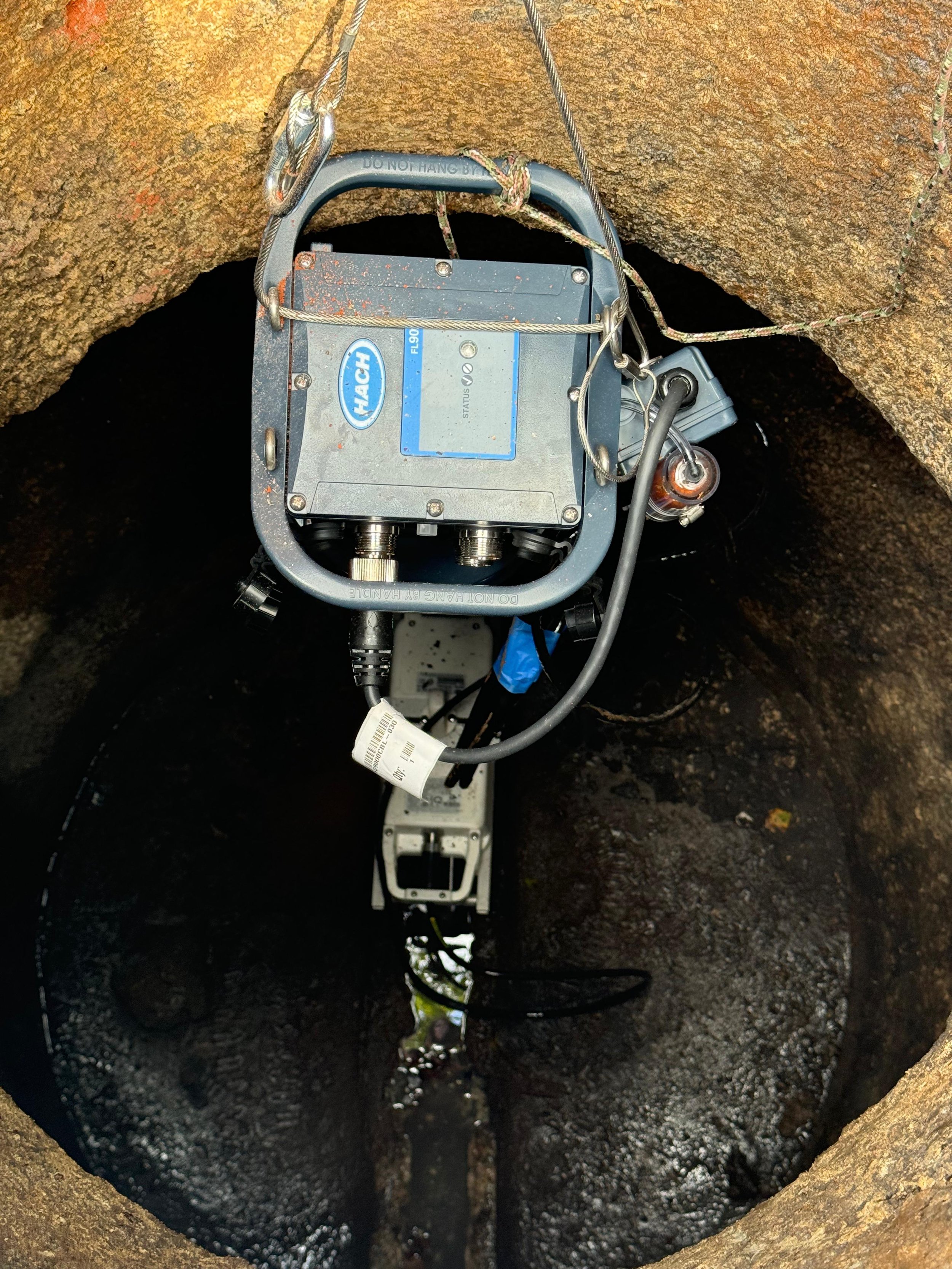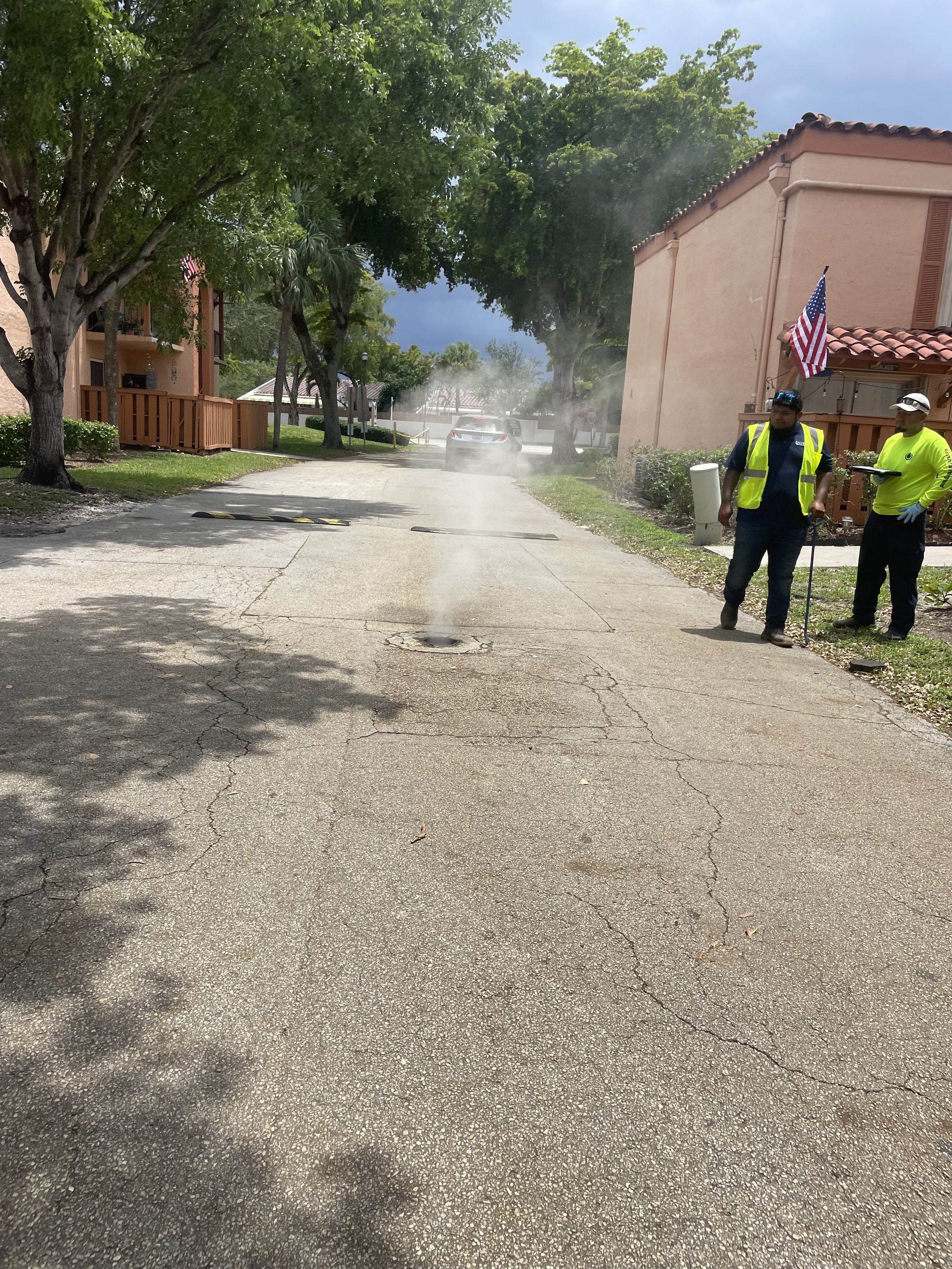What Is a Site Plan?
A site plan is a detailed architectural drawing that shows the entire scope of a development project. It typically includes:
Property boundaries
Building footprints
Parking lots and driveways
Landscaping and lighting
Drainage systems and stormwater plans
Utility connections
Civil engineers and planning engineers use site plans to coordinate with municipalities, secure permits, and ensure zoning compliance.
If you’re working with a civil engineering company in Florida, your site plan may also address stormwater management, environmental impacts, and construction phasing.
What Is a Plot Plan?
A plot plan is a more basic drawing that focuses primarily on the placement of structures on a single parcel of land. It includes:
The shape and size of the lot
Setbacks from property lines
Location of buildings, driveways, and sidewalks
Easements and rights-of-way
Residential engineers near you often use plot plans during home remodeling, additions, or new construction. These plans are also important for mortgage approvals, land sales, and zoning reviews.Types of Permits Engineers Help Secure
Our engineering consulting services support the acquisition of multiple permits, including:
Stormwater and Drainage Permits
Land Use and Zoning Approvals
Environmental and Wetland Permits
Utility and Infrastructure Connection Approvals
Working with an engineering company in Florida or Texas that has regional experience improves your chances of timely approvals. Our engineers anticipate red flags, adjust plans accordingly, and communicate proactively with review agencies.
Key Differences Between Site Plans and Plot Plans
Although site plans and plot plans are often confused, they serve different purposes and vary in complexity.
Scope:
A site plan covers the full property and surrounding context, including features like drainage systems, parking areas, and utility connections. A plot plan focuses on a single parcel, showing building locations and property boundaries.
Level of Detail:
Site plans are highly detailed, created by civil engineers and used for permitting, infrastructure design, and stormwater management. Plot plans are simpler and usually show the footprint of a home or structure on a lot—often used for residential projects.
Purpose:
Site plans are essential for large-scale land development, commercial construction, or any project requiring engineering review. Plot plans are commonly required for home additions, zoning approvals, or real estate transactions.
Who Prepares Them:
Site plans are typically developed by civil engineering companies or planning engineers, while plot plans may be created by residential engineers, surveyors, or architects.
Understanding these differences will help you communicate clearly with your civil engineering firm, land development consultant, or drainage engineer, depending on your project needs.
Why It Matters for Your Project
Whether you're building a subdivision or simply adding a garage, knowing the difference between these plans helps avoid delays and code violations.
Engineering consulting firms use site plans to comply with local ordinances, stormwater requirements, and infrastructure planning. Plot plans, on the other hand, are often sufficient for minor residential upgrades.
Work With a Qualified Civil Engineering Firm Near You
At RSP Engineers, we specialize in site and plot plans for a wide range of projects—from single-family homes to complex land development. As a trusted engineering company in Florida, we provide:
Professional drainage engineering
Custom stormwater plans
Zoning and permit support
Expert civil engineering consulting
Looking for a civil engineer near you? Contact RSP Engineers today to schedule a consultation.
















